Henry Kissinger, the 56th US Secretary of State known to be as one of the most influential foreign policy figures in American history, has passed away at the age of 100.
Without providing a cause of death, his consulting firm Kissinger Associates said that he died on Wednesday at his home in Connecticut, CNN reported.
Born in Germany in 1923, he is survived by his wife of nearly 50 years, Nancy Maginnes Kissinger, two children by his first marriage, David and Elizabeth, and five grandchildren. Kissinger became a naturalised US citizen in 1943 before serving in World War II.
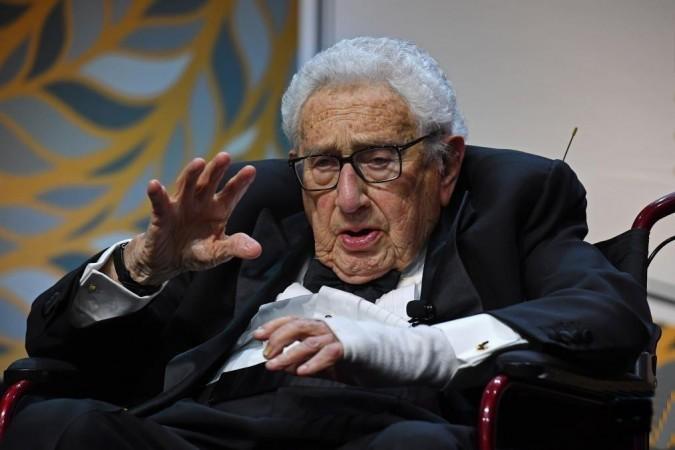
Before his government service, he served on the faculty at Harvard University, where he ran the International Seminar from 1952 to 1969.
Kissinger began consulting with the State Department and Pentagon on national security matters before serving as National Security Adviser (January 1969–November 1975) and then Secretary of State (September 1973–January 1977) to former President Richard Nixon.
Henry Kissinger was synonymous with US foreign policy in the 1970s.
He received a Nobel Peace Prize for helping arrange the end of American military involvement in the Vietnam War and is credited with secret diplomacy that helped then President Nixon open communist China to the US and the West, highlighted by the latter's visit to the country in 1972.
But he was also reviled by many over the bombing of Cambodia during the Vietnam War that led to the rise of the genocidal Khmer Rouge regime and for his support of a coup against a democratic government in Chile.
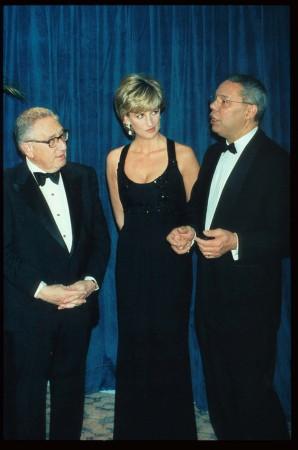
In the Middle East, Kissinger performed what came to be known as "shuttle diplomacy" to separate Israeli and Arab forces after the fallout of the 1973 Yom Kippur War.
His "detente" approach to US-Soviet relations, which helped relax tensions and led to several arms control agreements, largely guided American posture until the Reagan era.
Though his era as a high-powered architect of US foreign policy waned with the decline of Nixon amid the Watergate scandal, Kissinger continued to be an independent mover and shaker whose musings on diplomacy always found an ear.
Nixon's successor, Gerald Ford, retained Kissinger as the Secretary of State. He ultimately left office in 1977.
After 9/11, the President George W. Bush asked him to chair the investigation into the attacks on New York and Washington, but he was forced to stand down within weeks after refusing to reveal his consultancy's list of clients and answer questions about conflicts of interest.
He held meetings with President Bush and Vice-President Dick Cheney, to advise them over policy in Iraq following the 2003 invasion.
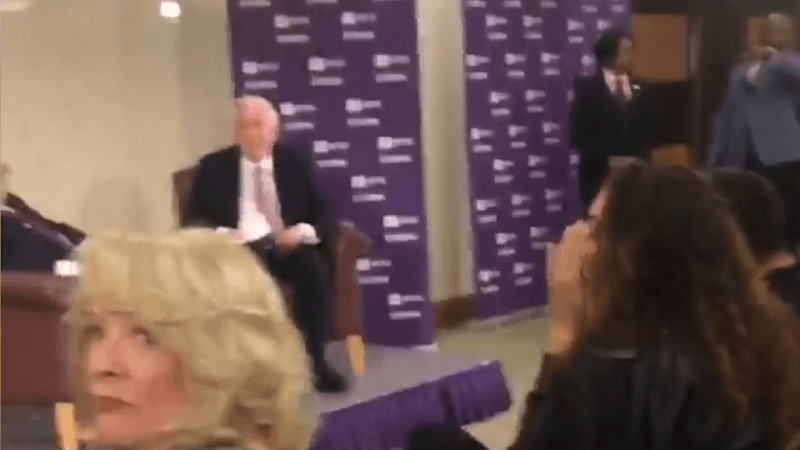
Kissinger had also briefed Donald Trump on foreign affairs after his election in 2017. suggesting, among other things, acceptance of Russian President Vladimir Putin's occupation of Ukraine's Crimea.
When he turned 100 in 2023, he had changed his view on Ukraine. After the February 2022 Russian invasion, Kissinger argued that Ukraine should join NATO after peace was secured.
Throughout his lifetime, Kissinger was the recipient of a number of awards and recognitions. In 1945, he was awarded a Bronze Star from the US Army for meritorious service.
He received the Nobel Peace Prize in 1973, the same year a Gallup Poll of Americans listed him as the most admired person in the world.
Kissinger was also awarded the nation's highest civilian honor, the Presidential Medal of Freedom, in 1977 and the Medal of Liberty, given one time to 10 foreign-born American leaders, in 1986.
Congress leader Jairam Ramesh on Thursday remembered Henry Kissinger, who passed away at the age of 100 on November 29, saying that he was immensely consequential and hugely controversial, and in 1971 he and US President Nixon created headaches for India, which were overcome by former Prime Minister Indira Gandhi and P.N. Haksar.
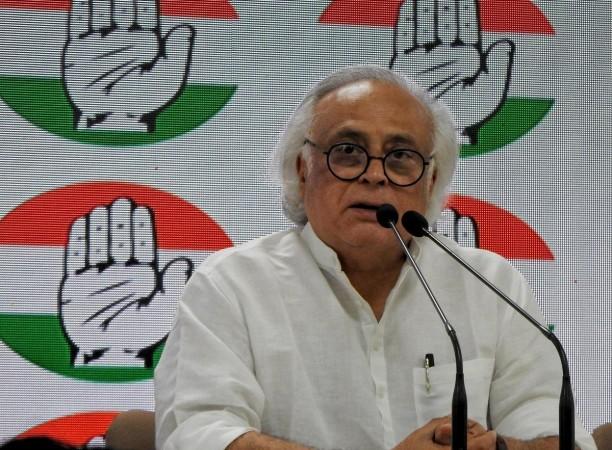
Remembering Kissinger, Congress General Secretary Ramesh in a post on X said, "Henry Kissinger has passed away. He was as immensely consequential as he was hugely controversial. In his long and eventful life he has been both celebrated and condemned. But there can be no doubt about his sheer intellectual brilliance and awesome charisma."
"For the last three decades, he positioned himself as a great friend and supporter of India and indeed he was. But this was not always so and in 1971 especially, President Nixon and he created huge headaches for India and thought they had us cornered," the Congress leader said.
"However, Indira Gandhi and P. N. Haksar proved more than a match for them. I have described the Kissinger-Haksar and Nixon-Indira Gandhi encounters with archival detail in my book 'Intertwined Lives: PN Haksar and Indira Gandhi'," he said.
He further said that Gary Bass in his book 'The Blood Telegram: Nixon, Kissinger and a Forgotten Genocide' indicts Kissinger severely for his role in the events of 1971 leading up to the creation of Bangladesh.
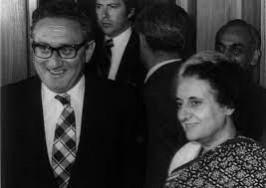
The Congress leader's remarks came a day after Kissinger, a controversial Nobel Peace Prize winner in 1973 and diplomatic powerhouse whose service under two presidents left an indelible mark on US foreign policy, died on Wednesday.
One of Kissinger's enduring legacies was his role in reshaping global dynamics after World War II.
In July this year, Kissinger made a surprise visit to Beijing to meet Chinese President Xi Jinping.
In the 1970s, Kissinger was the secretary of state under Republican President Richard Nixon and worked on several global events.
(With inputs from IANS)














